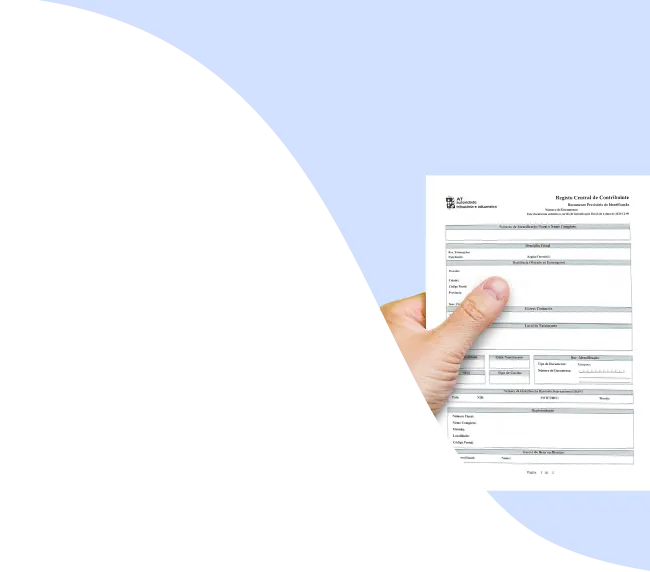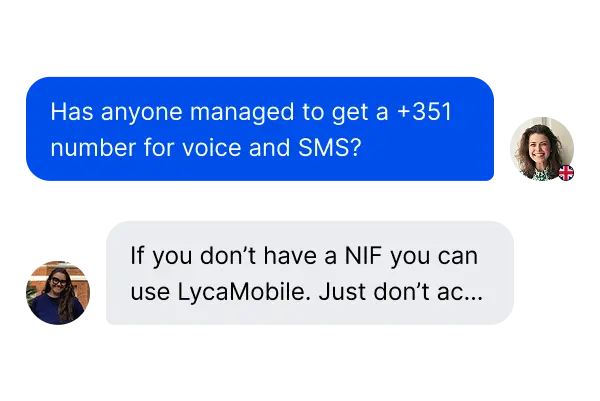Urban vs. rural electricity in Portugal: what changes
Urban areas (Lisbon, Porto, most towns)
Most homes already have an active connection. Usually you will:
- Transfer the contract into your name (or sign a new one using the same supply point),
- Provide ID + NIF + address + IBAN, plus the CPE code (often found on the energy bill).
Rural areas and new/empty properties
If the house does not have an active connection, or needs a new connection, you’ll interact with E-REDES (via your supplier or through E-REDES processes) and timelines can be longer. For higher-capacity or more complex situations, E-REDES may require additional steps (technical conditions, works, inspections). (
Rural energy installation in Portugal: a clean step-by-step
- Identify whether a CPE exists for the property (bill, prior owner, or request it).
- If you need a connection request, follow the network connection process (often initiated via your supplier, depending on the case).
- If works are needed, use a certified electrician and keep documentation ready for approvals/visits.
- Once the point is active, choose your supplier and sign your contract (direct debit strongly recommended for simplicity).
CPE, meter readings, and the “two companies” confusion
Two specific items save a lot of time:
1) Your CPE (Código de Ponto de Entrega)
- It’s the code that identifies your electricity supply point.
- You can find it on a bill, via your supplier, or request it through E-REDES’ digital channels.
2) Meter readings
Expat discussions repeatedly mention billing frustration when suppliers estimate instead of using readings, so, when you move in, photograph the meter and submit readings when needed.
Contracted power (potência contratada): the lever that affects your energy bill in Portugal
Your 'potência contratada' (kVA) is a fixed capacity level. Too low can trip breakers; too high increases fixed charges.
A practical rule of thumb (very common in housing setups):
- 3.45 kVA: small apartment, light simultaneous usage
- 4.6 kVA: typical apartment/home with normal appliance use
- 6.9 kVA+: larger homes, frequent simultaneous high-load use (AC, multiple appliances)
If you need to change it, the request is made via your supplier and executed by E-REDES; in many smart-meter situations it can be done remotely, often within 24 hours after the request is received.
How much is electricity in Portugal?
A reliable benchmark for household electricity prices (all taxes included) is Eurostat. For Portugal:
- €0.2626 per kWh (2nd half of 2024)
Your total monthly bill will still depend heavily on:
- property insulation/heating method,
- contracted power,
- winter usage patterns,
- whether you use electric heaters (often expensive if poorly controlled).
What’s the cost of energy bills in Portugal?
A key reference point is the household electricity price per kWh.
Again, Eurostat reports Portugal at €0.2626/kWh (2H 2024, all taxes included); your final bill depends on your home, heating method, and contracted power.
Required documentation for your energy utility bill
Most suppliers will ask for:
- Passport/ Valid ID
- NIF
- Proof of address (rental contract or deed)
- IBAN for direct debit
- CPE (electricity supply point code)
How does Portugal generate electricity?
In 2024, Portugal’s electricity consumption from the public grid was 51.4 TWh. The supply mix was hydro (28%), wind (27%), solar PV (~10%), biomass (6%), non-renewables (10%), and net imports (20%). Renewables covered 71% of consumption.
What sources does Portugal get its electricity from?
Primarily wind and hydro, with a growing solar contribution, plus some thermal generation and imports depending on the year’s hydro conditions and market flows.
How much electricity does Portugal generate each year?
In 2024, domestic generation was about 41.8 TWh (renewables 36.7 TWh + non-renewables 5.1 TWh), with 10.5 TWhcoming from net imports to meet total demand.
What is the main source of energy in Portugal?
Portugal’s total energy system still includes a significant share of fossil energy inputs, even as renewables grow; the country’s high import dependency reflects this structural reality.
How much energy does Portugal import?
For 2023, Portugal’s energy dependency rate was 66.7% (a standard proxy for how much energy relies on net imports).
In Portugal, how much electricity is generated per person?
Using Portugal’s end-2024 resident population (10,749,635) and 2024 domestic generation (~41.8 TWh), that’s roughly 3,900 kWh per person per year (order-of-magnitude indicator).
What sources does Portugal get its energy from?
Portugal combines domestic renewables with substantial imported energy, and remains energy-import dependent. In 2023, Portugal’s energy dependency rate was 66.7%, and renewables were 35.2% of gross final energy consumption.
Where does Portugal get its energy from?
A large share is still imported (notably fossil energy inputs), complemented by domestic renewable production (electricity and other renewable energy uses).
Where does Portugal get its gas from?
Portugal has no natural gas resources and imports it. REN notes the main sources for Portugal’s natural gas supply include Algeria and Nigeria.
How much of Portugal’s energy is renewable?
For 2023, renewables were 35.2% of gross final energy consumption (overall energy). For electricity specifically, renewables supplied 71% of consumption in 2024.











































